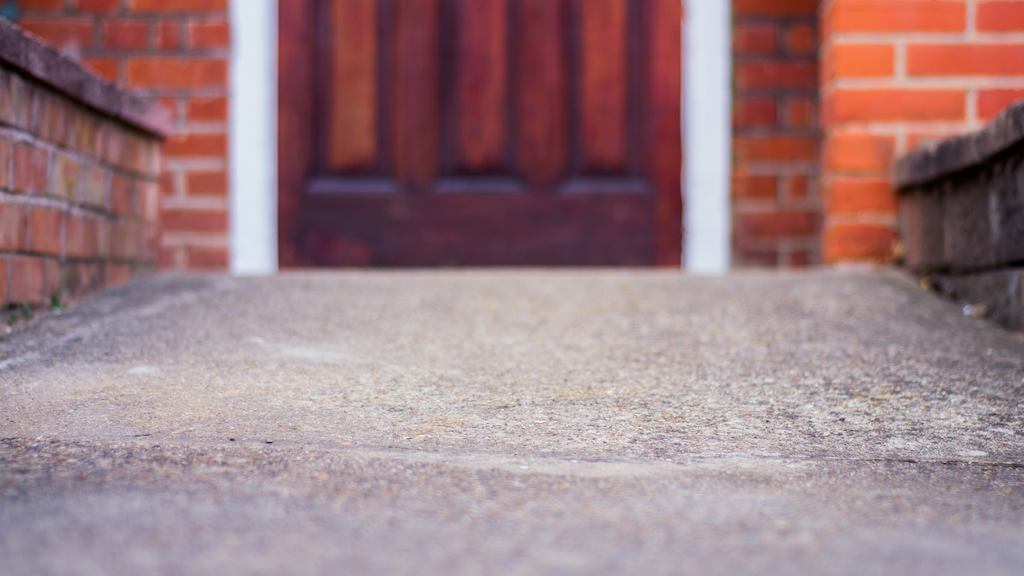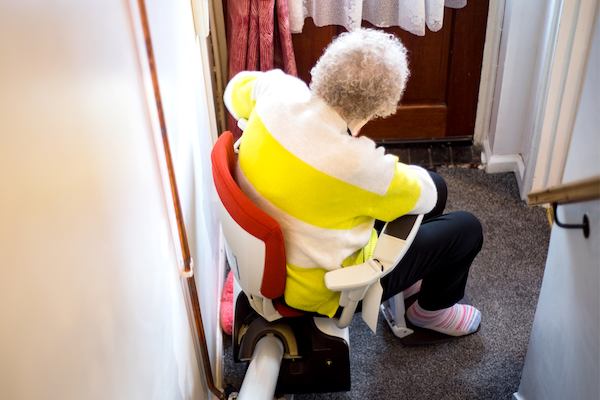Poor housing in England is estimated to cost the NHS £1.4 billion a year in treatment bills. While more than half of this is attributed to excess cold, the second biggest cost comes from hazards which cause people to fall and injure themselves. Building more wheelchair user homes from the outset will improve people’s health and wellbeing, lead to a significant reduction in costs to the NHS, allow people to play a greater part in their local communities, save on costs of future retrofitting, and likely many more benefits besides.
That is why the Centre for Ageing Better, alongside Habinteg, co-chairs the Housing Made for Everyone (HoME) coalition. The HoME coalition has long been calling for urgent action to tackle the UK’s acute and growing shortage of accessible homes, by raising the minimum standard of accessibility for all new build homes. This would mean that all new homes would be built to be ‘accessible and adaptable’ as a minimum standard, freeing up local authority capacity to plan the appropriate number of wheelchair user homes for their area.
While the government has committed to this, progress has stalled, and with an upcoming General Election we are concerned that there will be further unacceptable delays on delivering the homes people need. This new research from Habinteg, Living not existing: the social and economic value of wheelchair user homes, only further cements the point - we must make homes more inclusive as a matter of equality and social justice, without any further delay.


